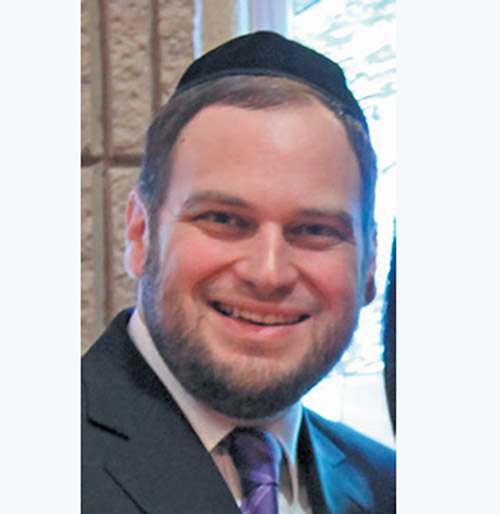
I had been waiting for my biggest grown-up moment to come for a long time. The transition to sixth grade was finally upon me, and most importantly it meant that I was no longer on the school bus. As a pre-teen I would take the city bus to school every day with a feeling of great excitement. I was finally responsible enough and free to roam the tough streets of Brooklyn on my own. It was before the days of cell phones and my mother just assumed that I would be home around 5 p.m., so I tried to catch the same bus every day. If I rushed to the bus stop after school, I would usually have a few minutes to run into the candy store and buy something. In retrospect I probably would have been just fine without the candy or bag of chips. Back then, though, the ability to buy something on my own represented freedom and adulthood. That was if I had money. I started to be creative in thinking of ways to make money so that I could buy something in the candy store as often as possible. Then the big news came. New York City was launching a voluntary recycle program in which a five-cent refund was granted for every can or bottle that was recycled at the supermarket. In my mind, I had just become a businessman. I started collecting bottles and cans wherever I was able to find them: from friends in school, to cans I found on the street. While my mother seemed to encourage me, everything changed when we went to recycle my cans for the first time. I witnessed a fight that had broken out involving a number people who appeared to be very poor. They were fighting over who had claimed the bottles at the side of the dumpster. At that moment, internally I appreciated all that my parents gave to me and felt for those who were very unfortunate. I offered my bottles and cans to one of them and told my mother that I would try to make some money a different way. There were needy people who could really benefit from the cans and bottles that I would have collected instead of them. My mother responded by offering me my very first allowance.
The Torah describes the person who brought a Korban Mincha as a nefesh, a soul. The Gemara in Masechet Menachot explains that the word nefesh is used because the Korban Mincha is usually brought by a poor person. The sacrifice itself is made of flour and is considered a relatively meager offering, and as such it is seen as if the poor person sacrificed his soul in order to bring it. The Chatam Sofer, zt”l, points out that in many economies, flour was more expensive than birds. Why, then, did a poor person bring a flour offering as opposed to a bird offering? He answers that in reality the poor person was not able to afford the flour or a bird. He forced himself to collect the wheat necessary for the Korban Mincha one day at a time, one kernel at a time. It was this self-sacrifice that the Torah had in mind when it says that the poor person sacrificed his soul. With this insight in mind we are able to look at the poor person in a different light. The poor person excels in the area of patience and perseverance. He realizes that every day is an opportunity for him to come one step closer to achieving his goal. There is much to be learned from people who do whatever they possibly can in order to pull themselves out of difficult circumstances. They garner the strength and courage to have hope when it is easier to just despair. Instead of sitting and waiting for their fate to change, they take action and attempt to pull themselves up however they can. There is something that I learned from the people collecting bottles and cans that I continue to respect and learn from to this day. As we prepare for Pesach we are reminded of the costs associated with the Chag. Let us be certain to remember those who are struggling in our community and help bring joy to their Chag as well.
By Rabbi Eliezer Zwickler
Rabbi Eliezer Zwickler is rabbi of Congregation AABJ&D in West Orange, New Jersey, and is a licensed clinical social worker in private practice. Rabbi Zwickler can be reached at ezwickler@gmail.com.









